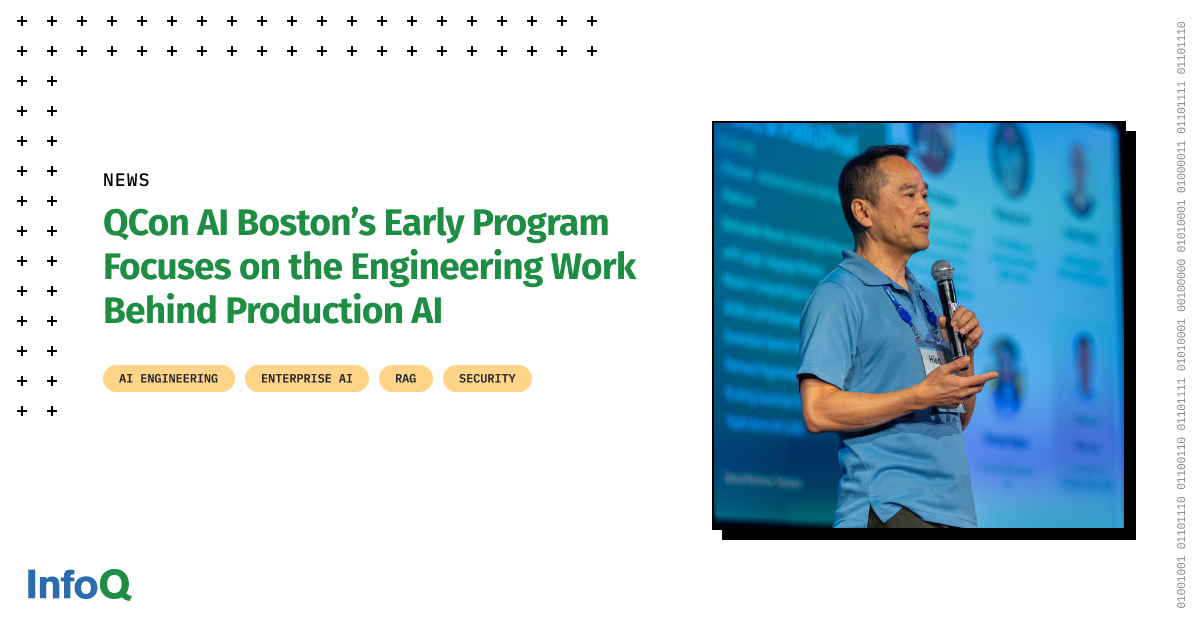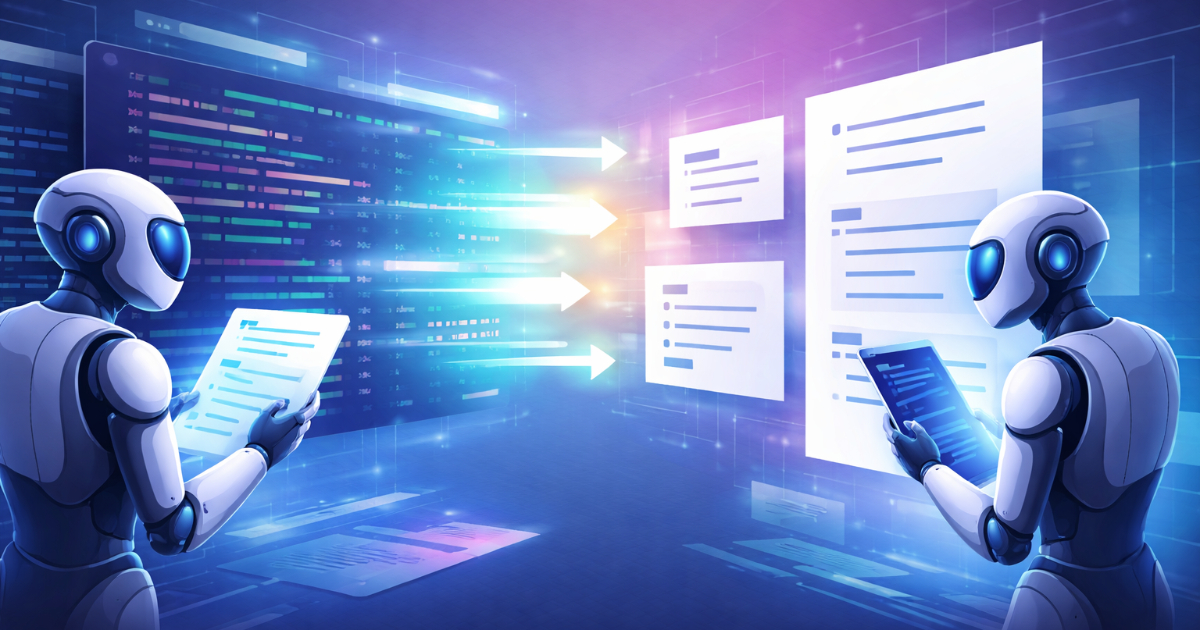Codetown
Codetown ::: a software developer's community
Learning Groovy and Self-publishing
What is Groovy and why should I care?
Hello again, it's me, Adam. Earlier this year, I finished my self-published book, Learning Groovy, which is about, well, learning Groovy. It also covers the top Groovy-based tools and frameworks, Gradle, Grails, Spock, and Ratpack.
I've enjoyed using Leanpub as a place to work on my books (What's new in Java 8 and others). It is really easy and developer friendly. It uses a Dropbox folder and you can write your book in Markdown (which I did). I've enjoyed a fairly constant trickle of purchases, but I was frustrated that I never had enough time to devote to the other huge part of self-publishing: marketing. To be really successful with a book, it needs to be marketed really well. You need to put in a lot of time and money. So, when it came to publishing "Learning Groovy," I approached several publishers to do the marketing for me.
Luckily, one of them accepted, and I'm currently in the process of final edits (publisher shall remain anonymous for now).
This means that you can only get the self-published version of "Learning Groovy" for a limited time. Once it goes to the publisher, I have to take down all my versions per the contract.
"What is Groovy and why should I care?" you ask? First of all, what rock have you been living under? Secondly, Groovy is a mature and flexible open-source language that runs on the JVM. Want to learn more about functional programming, want optional dynamic typing, easy restful services, easy reactive web applications (Ratpack)? Maybe you to learn about the most popular build framework and testing frameworks for Java (Gradle and Spock)? Groovy is where it's at.
Notes
Welcome to Codetown!
 Codetown is a social network. It's got blogs, forums, groups, personal pages and more! You might think of Codetown as a funky camper van with lots of compartments for your stuff and a great multimedia system, too! Best of all, Codetown has room for all of your friends.
Codetown is a social network. It's got blogs, forums, groups, personal pages and more! You might think of Codetown as a funky camper van with lots of compartments for your stuff and a great multimedia system, too! Best of all, Codetown has room for all of your friends.
Created by Michael Levin Dec 18, 2008 at 6:56pm. Last updated by Michael Levin May 4, 2018.
Looking for Jobs or Staff?
Check out the Codetown Jobs group.
InfoQ Reading List
Decentralizing Architectural Decisions with the Architecture Advice Process

Our system architectures have changed as technology and development practices have evolved, but the way we practice architecture hasn’t kept up. According to Andrew Harmel-Law, architecture needs to be decentralized, similar to how we have decentralized our systems. The alternative to having an architect take and communicate decisions is to “let anyone make the decisions” using the advice process.
By Ben LindersQCon AI Boston’s Early Program Focuses on the Engineering Work Behind Production AI

As teams move AI from pilots to production, the hard problems shift from demos to dependability. The first confirmed talks for QCon AI Boston (June 1–2) focus on context engineering, agent explainability, reasoning beyond basic RAG, evaluation, governance, and platform infrastructure needed to run AI reliably under real-world constraints.
By Artenisa ChatziouGitHub Data Shows AI Tools Creating "Convenience Loops" That Reshape Developer Language Choices

GitHub’s Octoverse 2025 report reveals a "convenience loop" where AI coding assistants drive language choice. TypeScript’s 66% surge to the #1 spot highlights a shift toward static typing, as types provide essential guardrails for LLMs. While Python leads in AI research, the industry is consolidating around stacks that minimize AI friction, creating a barrier for new, niche languages.
By Steef-Jan WiggersCloudflare Debuts Markdown for Agents and Content Signals to Guide AI Crawlers

Cloudflare has introduced “Markdown for Agents,” a feature that lets AI crawlers request Markdown versions of web pages. The company pairs the feature with a proposed “Content Signals” mechanism that lets publishers declare whether their content may be used for AI training, search indexing or inference.
By Matt FosterPresentation: What I Wish I Knew When I Started with Green IT

Ludi Akue discusses how the tech sector’s rising emissions impact our global climate goals. Drawing from her experience as a CTO, she explains seven key lessons for implementing Green IT. She shares insights on LCA assessments, the paradox of microservices, and why FinOps doesn’t always equal green.
By Ludi Akue
© 2026 Created by Michael Levin.
Powered by
![]()
You need to be a member of Codetown to add comments!
Join Codetown